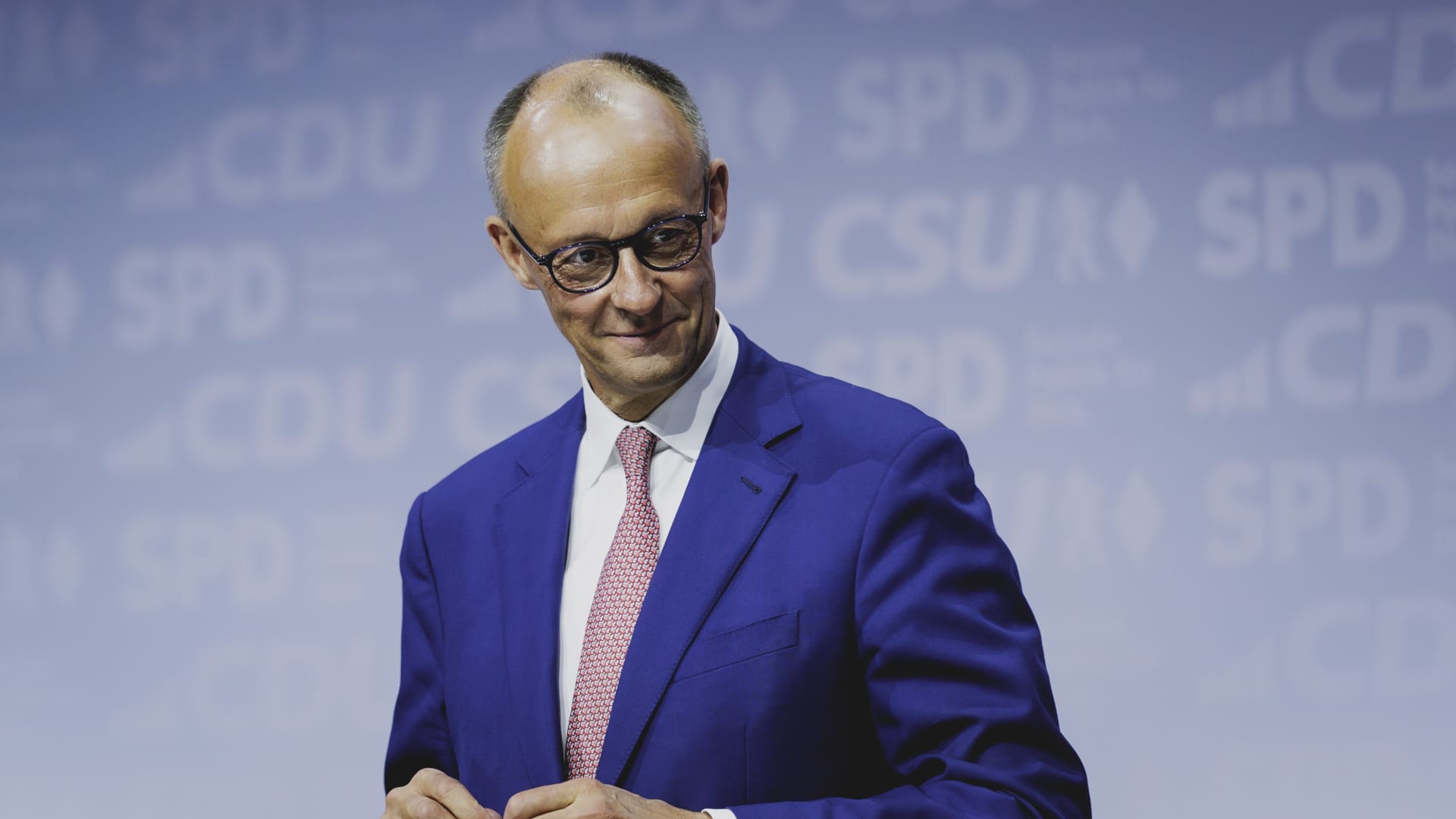Friedrich Merz’s Failed Chancellorship Bid: A Turning Point for German Politics
Germany’s political landscape was shaken this week as Friedrich Merz, leader of the Christian Democratic Union (CDU), failed to secure the necessary votes to become chancellor. This unexpected outcome has left the future of the proposed black-red coalition uncertain and exposed deeper fractures within German politics.
A Historic Defeat
The Bundestag’s vote on Tuesday was meant to solidify Merz’s position as Germany’s next leader, but instead, it delivered a stunning rebuke. To win, he needed 316 votes out of 630—a majority that proved elusive. While the exact count remains unclear, the result was decisive: Merz fell short, marking the first time in modern German history that a chancellor-designate failed to secure victory in the first round of voting.
This failure is more than just a personal setback for Merz; it raises serious questions about the viability of the coalition he sought to lead. The CDU, traditionally Germany’s dominant conservative force, now faces an identity crisis, while the broader political system grapples with instability.
The Merz Factor: Strengths and Weaknesses
Friedrich Merz has long been a polarizing figure. A veteran of the CDU, he positioned himself as a decisive leader who would steer Germany away from the centrist policies of Angela Merkel. His conservative platform—emphasizing fiscal discipline, stricter immigration controls, and a stronger European stance—resonated with parts of the electorate but alienated others.
However, his campaign was hampered by internal divisions. The CDU has struggled to redefine itself after Merkel’s departure, with factions split between Merz’s hardline conservatism and a more moderate wing. This infighting likely eroded his support within his own party, making it harder to rally the broader coalition needed for victory.
The Coalition Conundrum
The proposed alliance between the CDU/CSU and the center-left SPD or Greens was always a fragile construct. While intended to create a stable government, it required compromises that not all lawmakers were willing to make. Some SPD members may have balked at Merz’s conservative agenda, while factions within the CDU might have resisted concessions to the left.
This deadlock reflects a broader trend in German politics: the erosion of traditional party loyalties and the rise of fragmented alliances. With no single party commanding a strong majority, coalition-building has become increasingly difficult—and Merz’s failure underscores just how precarious these negotiations can be.
What Went Wrong?
Several factors contributed to Merz’s defeat:
The Path Forward
Merz’s failure does not necessarily spell the end of his political ambitions, but it does force a reckoning. The CDU must now decide whether to double down on his leadership or seek a more unifying figure. Meanwhile, the coalition talks will need a new approach—whether that means renegotiating terms, finding an alternative candidate, or even exploring entirely new alliances.
For Germany, the stakes are high. The country faces pressing challenges, from economic sluggishness to energy transitions and geopolitical tensions. A prolonged period of political uncertainty could hinder its ability to address these issues effectively.
Conclusion: A Defining Moment
Friedrich Merz’s failed bid for the chancellorship is more than just a personal defeat—it is a symptom of deeper shifts in German politics. The CDU’s internal divisions, the fragility of coalition-building, and the electorate’s growing disillusionment with establishment politics all played a role in this outcome.
As Germany moves forward, the question is not just who will lead, but how the country can restore political cohesion. The coming weeks will be critical in determining whether a stable government can emerge—or if this setback signals a more profound realignment in German power dynamics. One thing is certain: the road ahead will be anything but smooth.











